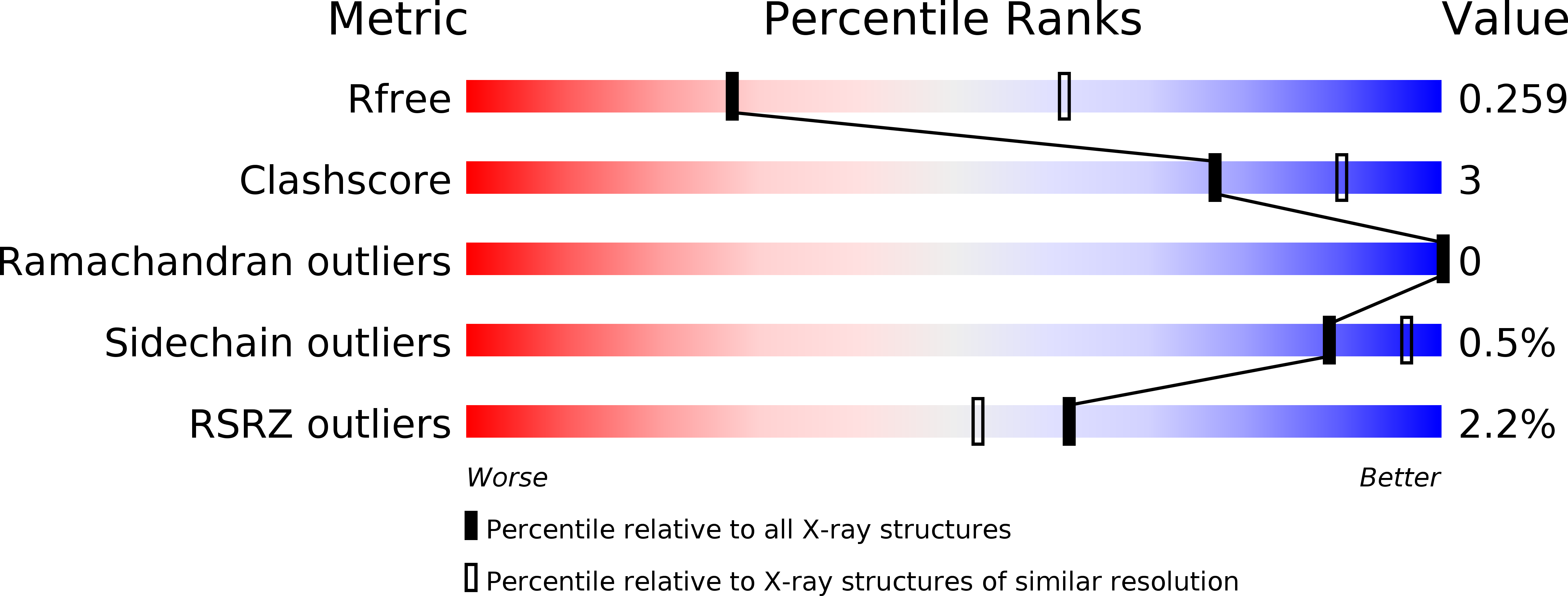
Deposition Date
2014-01-07
Release Date
2014-10-29
Last Version Date
2024-02-28
Entry Detail
Biological Source:
Source Organism(s):
Ruminococcus gnavus (Taxon ID: 411470)
Expression System(s):
Method Details:
Experimental Method:
Resolution:
2.80 Å
R-Value Free:
0.25
R-Value Work:
0.23
R-Value Observed:
0.23
Space Group:
P 1


